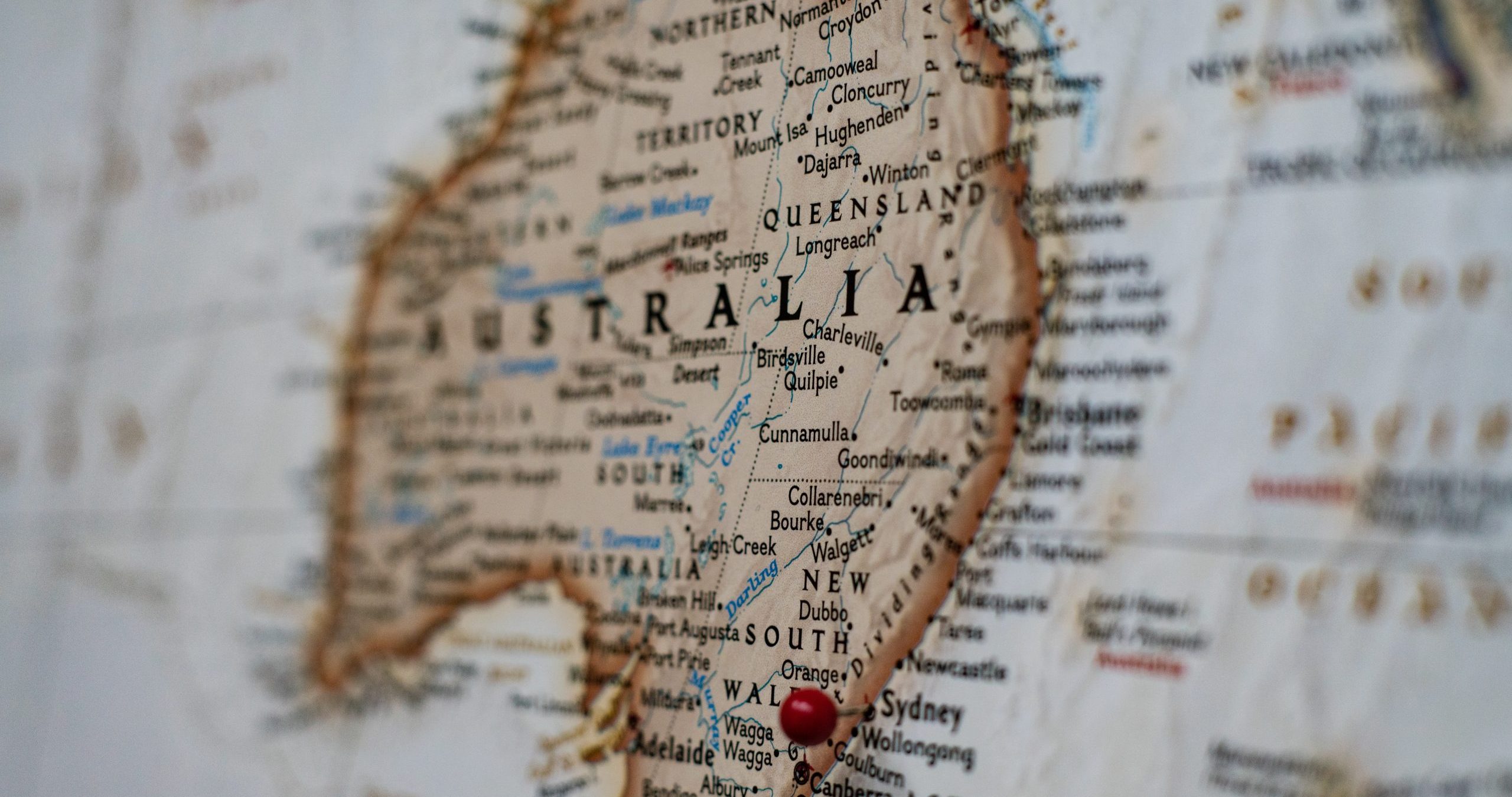
Sometimes, it’s refreshing when people are up front about their intentions. The Western Australian government minister Paul Papalia visited the UK in early March with the sole intent of ‘stealing workers’ and encouraging British GPs to emigrate down under.1 Richard Armitage recently wrote here in BJGP Life about leavers from the NHS, with a high proportion of current junior doctors endorsing the statements ‘I often think about leaving the NHS’ and ‘I have actively researched leaving the NHS in the last 12 months’ with Australia and New Zealand high on the list of destinations. The BMJ reported that 62 out of 77 medical graduates of the 2021 class from University College Cork are working in Australia, and in a random sample of 10% of the Australian workforce, 20% of international medical graduates working in Australia trained in the UK.2,3 Medical migration is a fluid phenomenon as medical qualifications are highly portable with doctors coming and going from the UK, but what do we know about the motivations for GPs to leave the UK for Australia?
The Western Australian government minister Paul Papalia visited the UK in early March with the sole intent of ‘stealing workers’ and encouraging British GPs to emigrate down under.
Upping sticks and moving is not always an easy option, and has been framed as a sometimes ‘risky decision that balances the risks of staying with the risks of leaving’. Different pull and push factors affect migration decisions for GPs, for instance, push factors in the UK may relate to issues in the NHS, or an unsustainable workload, but pull factors to Australia include the promise of higher wages, a better quality of life and a lower cost of living.4 How do GPs balance the different push and pull factors at play?
Salary is one big pull factor, and news headlines purport that GPs can ‘earn 82% more’ in Australia than in the UK.1 The way in which GPs are paid in Australia is different than in the UK, with most Australian GPs paid on a fee-for-service basis. Clare Taylor has looked at some of the differences between general practice in Australia and the UK from a health services perspective, and points out that although a fee for service model might give GPs a higher earning power, but can lead to inefficiencies. Overall, though it is difficult to compare pay for GPs between the UK and Australia, most would agree that doctors do earn more down under than they do working within the NHS.5
Outside of pay, Michael Goldacre and his team have been tracking the career intentions of UK doctors for some years now, and 2018 study looked specifically at their reasons for leaving the UK. Respondents described both push and pull factors, and a feeling that things would be ‘better elsewhere’, such as better training and better pay, and cited negative views of the NHS. The interesting thing about this study, as with other recent studies of career intentions of early-career UK doctors, is that these were doctors who were only three years post qualification from medical school. Only three years, that is, to decide that working in the NHS is a bad idea. One of the GP trainees in this study wrote, the ‘majority of my friends have gone abroad to work in Australia…we plan to go out and join them’.6 What’s worrying in a recent GMC commissioned report is that researchers identified a group of ‘burnt-out GPs’ who were driven out entirely by push factors from working in primary care. These GPs wanted to continue working in the UK but felt they couldn’t due to burnout and stress, and their decisions were often influenced by socio-political issues and negative media or public perceptions of their work.7
…GPs wanted to continue working in the UK but felt they couldn’t due to burnout and stress, and their decisions were often influenced by socio-political issues and negative media or public perceptions of their work.
While we are wondering why doctors leave, internationally, health care policymakers are wondering why UK doctors don’t stay for the long run. New Zealand has a high rate of international medical graduates (IMGs), and almost half of New Zealand IMGs come from the UK NHS. The majority do not stay, and about a half of those who moved to New Zealand moved again just one year after arriving, and almost 70% had left after two years.8 Perhaps once abroad, those same doctors felt a ‘pull’ back to their original home, or perhaps to their family back in the UK or elsewhere, or, only really ever meant to experience life outside of the NHS for a short period of time. The GMC report identifies different groups of short-term migrators, including ‘young explorers’ who are early-career doctors looking to travel, and ‘older explorers’ who just want a new adventure, professional experience or challenge before returning to retire in the UK. Or, they may represent a cohort of internationally mobile doctors who just have an interest in trying something new.7
When listlessly looking at photos of beautiful beaches down under, or hearing about the opportunities to earn more for less work, a lot of medics might be keeping migration as an option in the back of their minds. With all of the different push and pull factors that one person might be weighing up, for those who decide to leave it often boils down to one ‘trigger point’ when these vague thoughts become solidified and doctors start putting their thoughts and plans into action. These trigger points are push and pull factors which might be socio-political (Brexit, political issues around the NHS), professional or personal, but signify a crystallisation of ideas into action which start the ball rolling in terms of organising the practicalities of moving.7 Will this delegation from Australia be successful in ‘stealing’ GPs away to Australia? For those who have been weighing up the options, it may well act as their trigger point to leave, but not without the context of the other push and pull factors that affect today’s working reality in the NHS.
References
- Duffy N. Australian officials seek to ‘steal’ British teachers, doctors and nurses with promise of better life and 80% higher pay iNews2023 [Available from: https://inews.co.uk/news/australian-officials-seek-steal-british-teachers-doctors-nurses-promise-better-life-higher-pay-2152238.
- Houston M. Ireland sees massive emigration of doctors to Australia. BMJ. 2023;380:349.
- Yeomans ND. Demographics and distribution of australia’s medical immigrant workforce. J Migr Health. 2022;5:100109.
- van der Pol M, Scott A, Irvine A. The migration of UK trained GPs to Australia: Does risk attitude matter? Health Policy. 2019;123(11):1093-9.
- Taylor CJ, Wright M, Jackson CL, Hobbs R. Grass is greener? General practice in England and Australia. Br J Gen Pract. 2016;66(649):428-9.
- Lambert TW, Smith F, Goldacre MJ. Why doctors consider leaving UK medicine: qualitative analysis of comments from questionnaire surveys three years after graduation. J R Soc Med. 2018;111(1):18-30.
- Powell JG, M.; Wood, M.; Berry, R.; Behar, A.; Rackham, I. Understanding doctors’ decisions to migrate from the UK. Shift Insight; 2022.
- Gauld R, Horsburgh S. What motivates doctors to leave the UK NHS for a “life in the sun” in New Zealand; and, once there, why don’t they stay? Hum Resour Health. 2015;13:75.
Featured photo by Joey Csunyo on Unsplash






